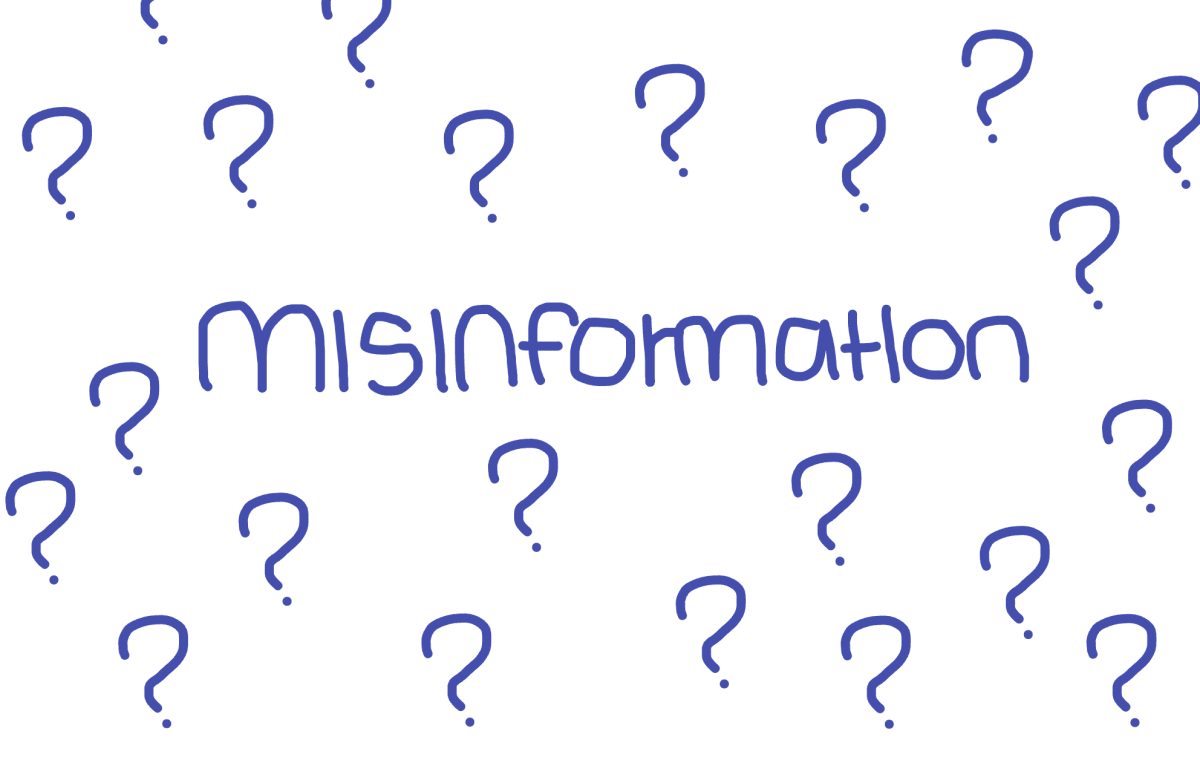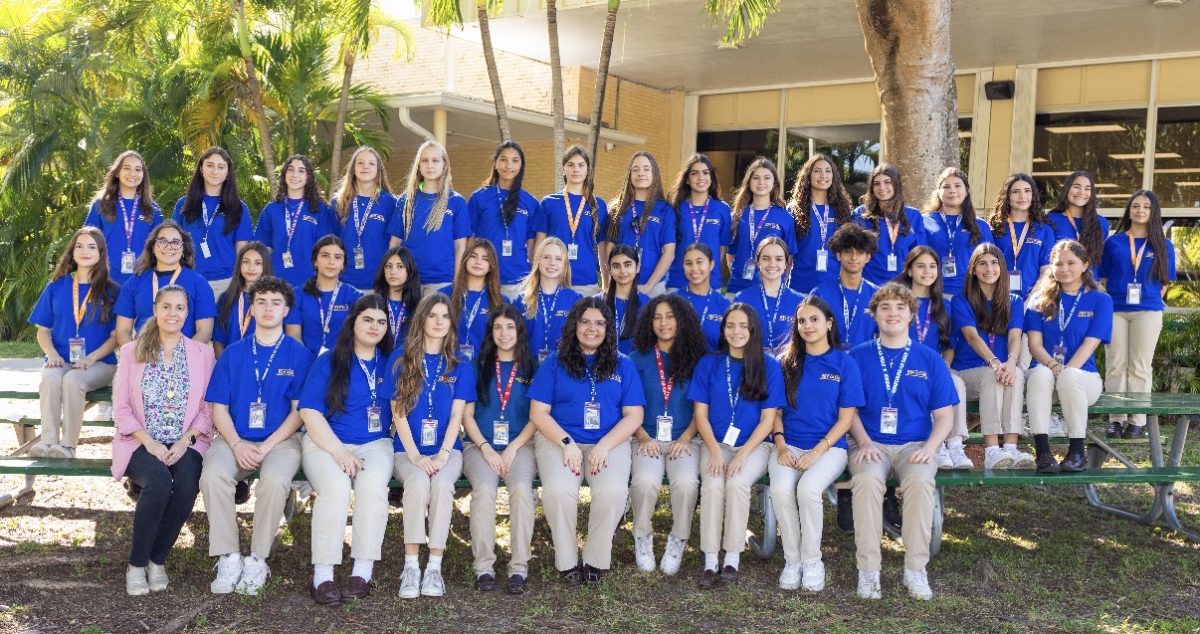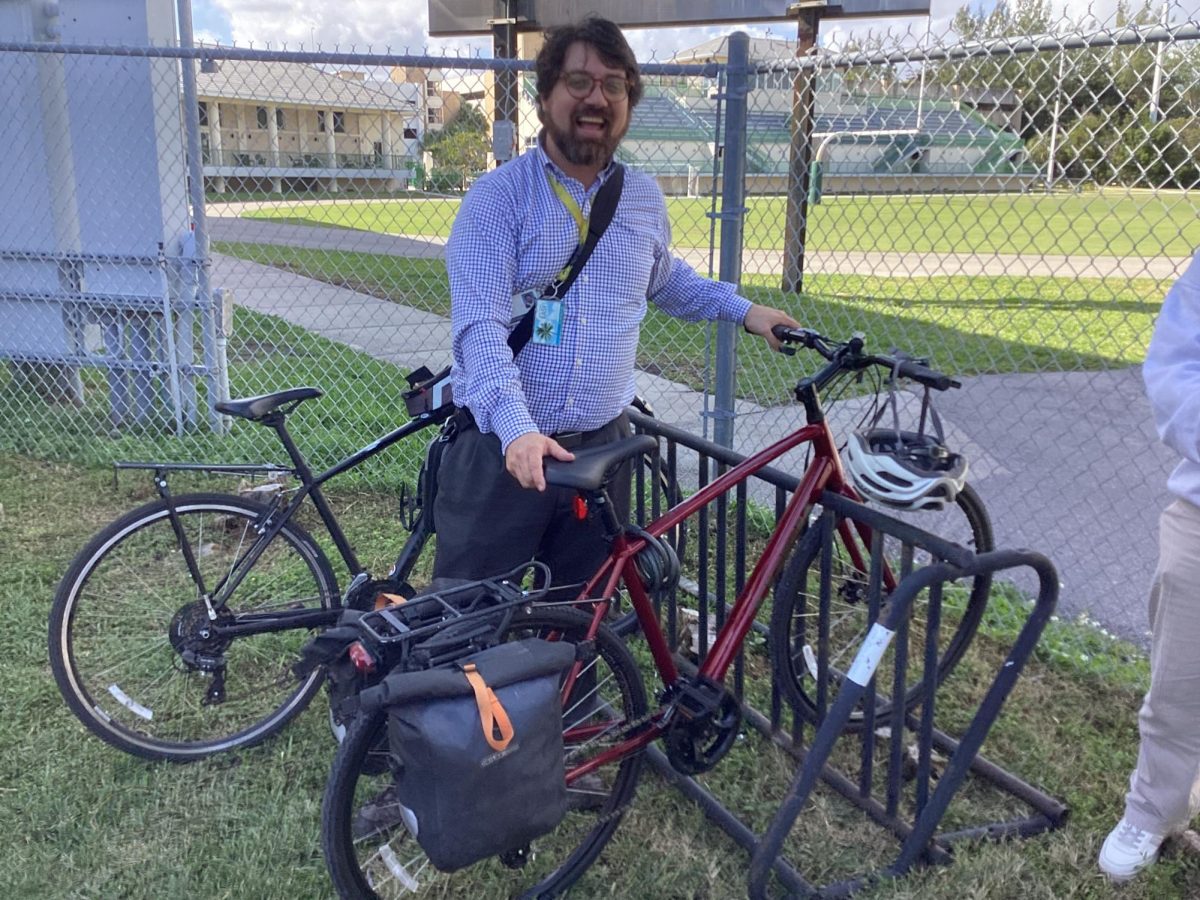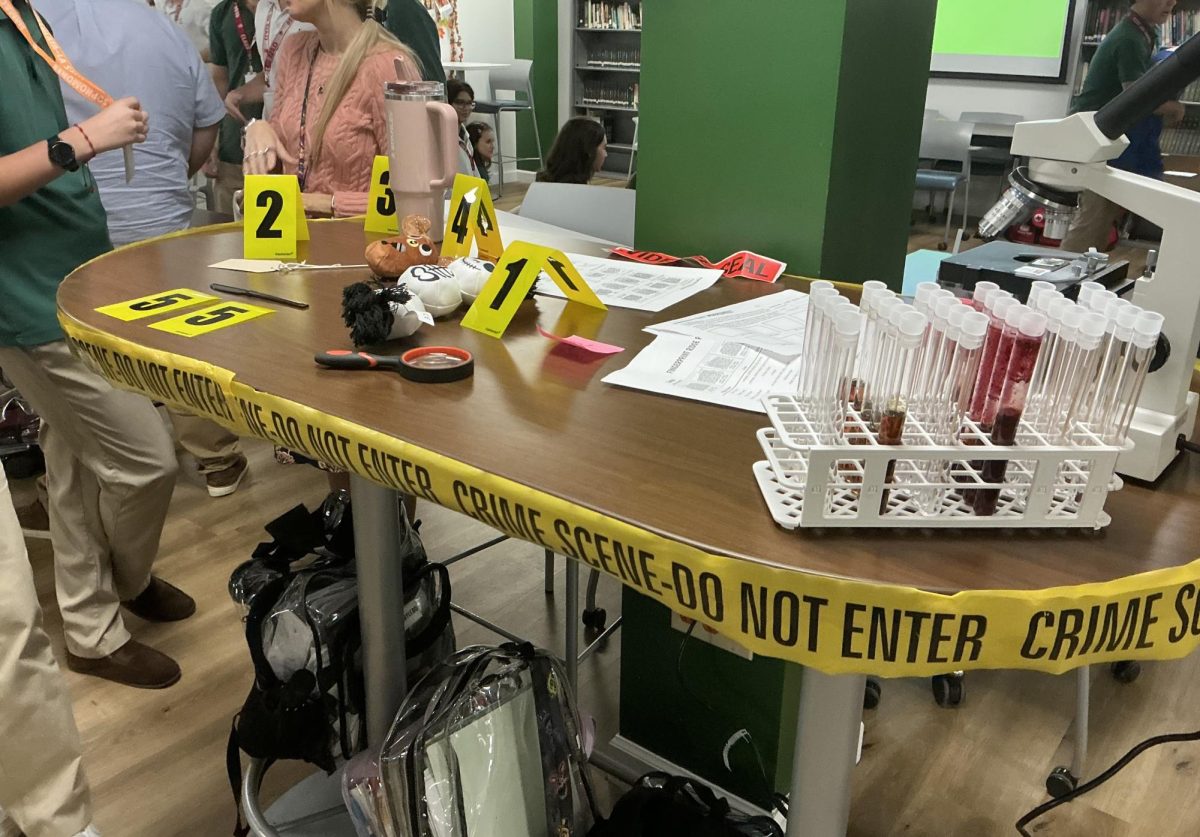According to the American Psychological Association, there are eight steps you can take to avoid succumbing to misinformation.
These days it’s easy to get information from sources all around, but how much of it is true? Whether it’s in the media or gossip that you’re hearing from a friend, misinformation is everywhere. It affects how we think, act, and defend a topic which is why it is important to be well informed.
“There’s nothing I dislike more than hearing something that ends up not being true, not only rumors but in the media, too. I think it’s hard to believe anything you see or hear these days and it’s a true struggle,” shared sophomore Ashley Gomez.
Misinformation spreads when one person believes it and gives it exposure. Then, next thing you know they are defending their opinion on a topic that isn’t even true. When information aligns with a person’s beliefs, they are more likely to believe it with no hesitation. A simple way to counter misinformation is to make sure you are using a trusted source and even multiple sources. The most important thing to remember is that anyone can be misinformed, even experts, though it may be unlikely.
“My trick to not get misinformed is to always double check your information, especially from the media. I also don’t speak up about a topic unless I am sure that it is true,” shared sophomore Sophie Yetming.
Seemingly small things, such as rumors, can be a cause for distress and panic in many. Spreading rumors is a big form of misinformation that students all over the world struggle with. It is a big problem that is damaging the mental health and reputation of many. If you hear about a student from another student, don’t fully believe it without solid proof.
“I’ve heard rumors at school before about students but I am an optimistic person and never fully believe them. I believe that rumors and misinformation are one of the biggest online problems the world has right now,” shared sophomore Victoria Caicedo.
2. Collaborate with social media companies to understand and reduce the spread of harmful misinformation.
4. Leverage trusted sources to counter misinformation and provide accurate health information.
5. Debunk misinformation often and repeatedly using evidence-based methods.
6. Prebunk misinformation to inoculate susceptible audiences by building skills and resilience from an early age.
7. Demand data access and transparency from social media companies for scientific research on misinformation.
8. Fund basic and translational research into the psychology of health misinformation, including effective ways to counter it.















